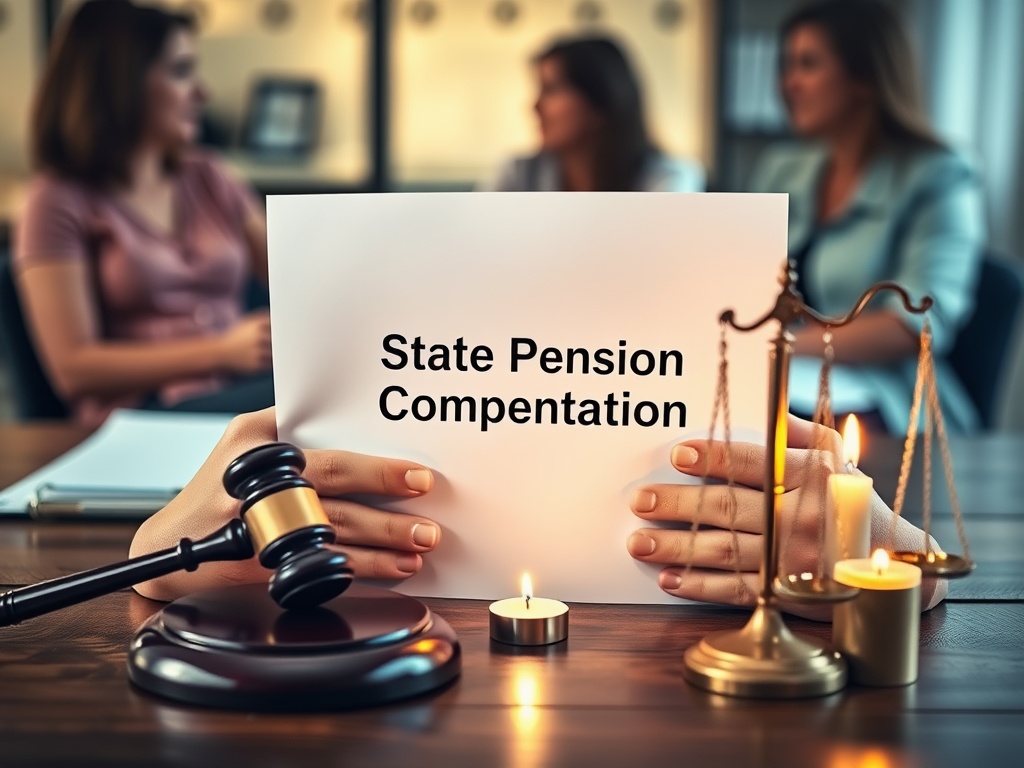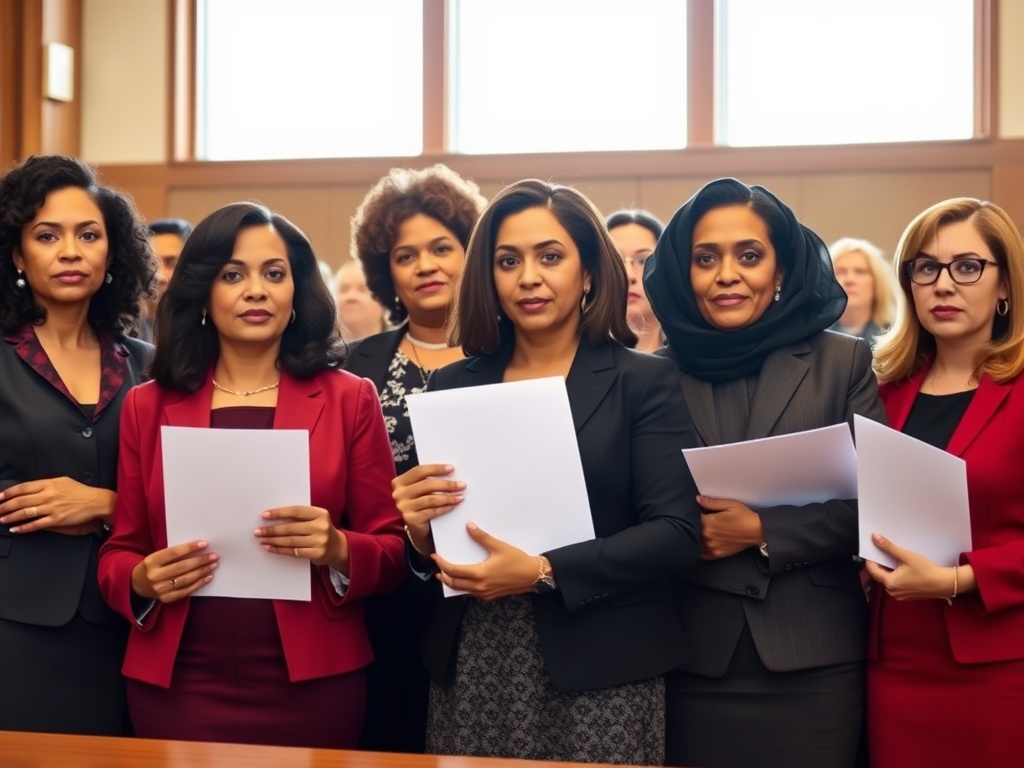Waspi Women Face Legal Challenges Over Compensation Claims

The Women Against State Pension Inequality (Waspi) campaign is preparing to escalate its fight for compensation against the Government, but legal experts have expressed skepticism about the likelihood of success in court. Following a communication to the Government, the Waspi campaign has set a 14-day deadline for Work and Pensions Secretary Liz Kendall and the Department for Work and Pensions (DWP) to reconsider their stance on compensation payments. If the Government does not respond favorably, Waspi’s legal team is poised to initiate judicial review proceedings.
Angela Madden, the chair of the Waspi campaign, has accused the Labour Party of “gaslighting” women born in the 1950s, asserting her confidence in the potential for their case to prevail in the judicial arena. However, several legal professionals have voiced doubts about the case’s viability.
Reasons Behind Waspi Women’s Legal Action
The lawyers representing the Waspi group at Bindmans LLP contend that the Government’s rationale for dismissing the Parliamentary and Health Service Ombudsman’s recommendation for compensation is inconsistent with legal principles. A report released in March 2024 highlighted that the DWP was guilty of “maladministration” for failing to adequately inform women about changes to their state pension age. An estimated 3.6 million women, who anticipated receiving their state pension at age 60, have been compelled to wait an additional five to six years due to these changes.
While the current Government has acknowledged the existence of maladministration, it rejected compensation requests in December. In its defense, the Government claimed that 90 percent of Waspi women were aware of the alterations to the state pension age. Madden countered that this reasoning is “unlawful,” claiming the survey cited by the Government was flawed and only included around 200 women born in the 1950s from a total sample of 1,950 individuals.
Expert Opinions on the Legal Challenge
Qarrar Somji, director at Witan Solicitors, emphasized the financial hurdles that the Waspi women will face, stating that securing sufficient funds for legal fees could prove to be a significant barrier. He noted that the complexity of the case means that costs could easily exceed the initial estimate of £75,000. “Judicial review sets a high bar to meet,” Somji explained. “To succeed, the campaigners must demonstrate that the Government’s decision was unreasonable. Despite the Government’s admission of maladministration and an apology for delays, a judge may prioritize the financial implications for taxpayers over the 28-month delay, which could diminish the chances of a favorable ruling.” The estimated cost of compensation could reach £10.5 billion, placing additional strain on taxpayers who are already facing financial challenges.
- Jonathan Compton, a partner at DMH Stallard, expressed doubt about the courts’ willingness to intervene given the significant sums involved.
- Jo Mackie, an employment law specialist at Burlingtons, pointed out that the Government’s claim regarding the 90 percent awareness rate would be a challenging point to contest, as it is subjective and open to interpretation.
- Tom Selby, a pensions expert and director of public policy at AJ Bell, stated that the Government is not legally obligated to implement the ombudsman’s recommendations for compensation. “While individuals have the right to challenge these issues legally, it’s highly unlikely that this will lead to a change in policy,” he remarked.
- Alex Watt, a partner at Howard Kennedy, noted that both parties recognize the Government’s broad discretion in determining compensation related to the state pension age. He added, “Even if the decision-making process was flawed, if the Government could reasonably arrive at the same conclusion, courts are likely to uphold that decision.”




